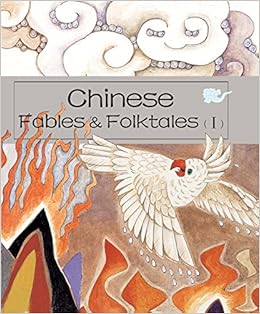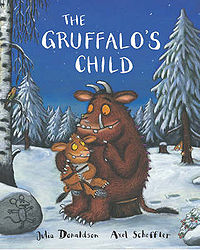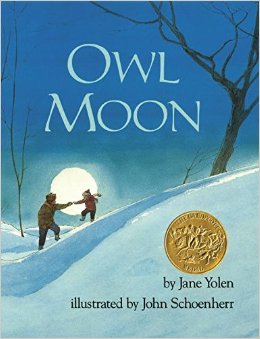POINTS: 4 out of 10.
Bechdel: 0 point
Variety of characters: 1 point
Good story: 2 points
Discretionary ideological points: 1 point

This was a pretty interesting thing to read with the kid, just because of his reaction. We’ll get to that.
There is no Bechdel pass here – there are pretty much no women at all in any of these stories. By the very nature of the book, though, it passes the diversity test.
Here’s where it gets interesting. So, I asked the kid what he thought after we read it, and he said, “I liked it but the stories were strange.”
“Strange how?” I asked.
“They just ended. It was weird.”
This is kid code for “these tales have a different narrative structure to that with which I am familiar”. And this is why you should expose your kids to stories from other cultures!! Much narrative structure is fairly cultural. It’s useful for children to be exposed to other kinds, as it helps them see the scaffolds of narratives which makes them more critical! *folklore nerd squee over*
It won’t surprise anyone who knows me that I enjoyed reading this with the kid. I love folktales from all over the world – they are endlessly fascinating to me. I’m grateful to the translaters of this book for not “westernising” them up too much.
Read your kids stories from other cultures! It will make their brains more agile. 😉








